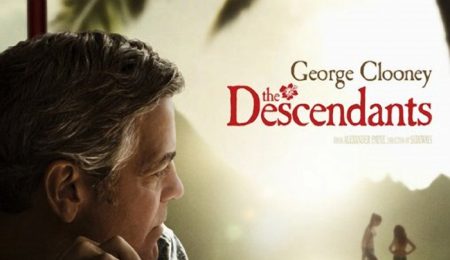MOMMY’S NOSE IS Scary, David After the Dentist, Leave Britney Alone, Dramatic Chipmunk. What do these four things have in common? They’re viral videos. Each one has amassed millions of hits on YouTube, been dubbed a classic, and enjoyed time and time again.
Whether it was Susan Boyle’s triumphant debut or the drawing elephant, these videos can be seen by an enormous audience in little time. While it may seem like good fun, these viral videos have a dark side.
There’s a saying that a lie can run around the world before the truth can even gets its boots on. After seeing the Stop Kony 2012 video and watching it spread like wildfire through social media, it’s taken a week for opposition or legitimate news sources to counter the video’s message.
The video isn’t what’s under attack here. What’s frightening is people could potentially use viral videos to spread hate or propaganda.
Think about it. The Stop Kony 2012 video was uploaded to YouTube on March 5, and has already garnered over 70 million hits. This means, quite possibly, 70 million people watched the heart-wrenching documentary about the Lord Resistance’s Army and child soldiers in Uganda, and how supposedly nothing was being done to save them.
Instead of taking to the streets, thousands of people took to their Twitter, Facebook, and YouTube accounts and wrote some sort of status update about the Kony video. Under the pretence of “protesting” online and “raising awareness,” many linked the video on those very same accounts.
Millions of people were reached in a matter of days. Imagine what would happen if the video were preaching hate, or spreading propaganda.
While many people believe the general public is more intelligent than the media give us credit to be—we are still susceptible to lies. No one is exempt. To this day, dictators disseminate propaganda in an effort to stay in power.
Although Stop Kony 2012 comes across as a noble cause, it is a chilling example of what could happen if someone with malicious intent decided to reach the world through social media. The power of social media is also its Achilles’ heel: Its ability to spread information rapidly.
This is a very tricky road to travel. On the one hand the Internet is a free communication platform thar gives everybody the power to post a video, but, on the other hand there’s no accountability. Should the onus fall upon the websites themselves, or should the public decide whether a video is spreading lies?
If one thing is certain, it’s that hate is not tolerated in Canada, so why would we tolerate it in cyberspace?
arts@thefulcrum.ca
(613) 562-5931



